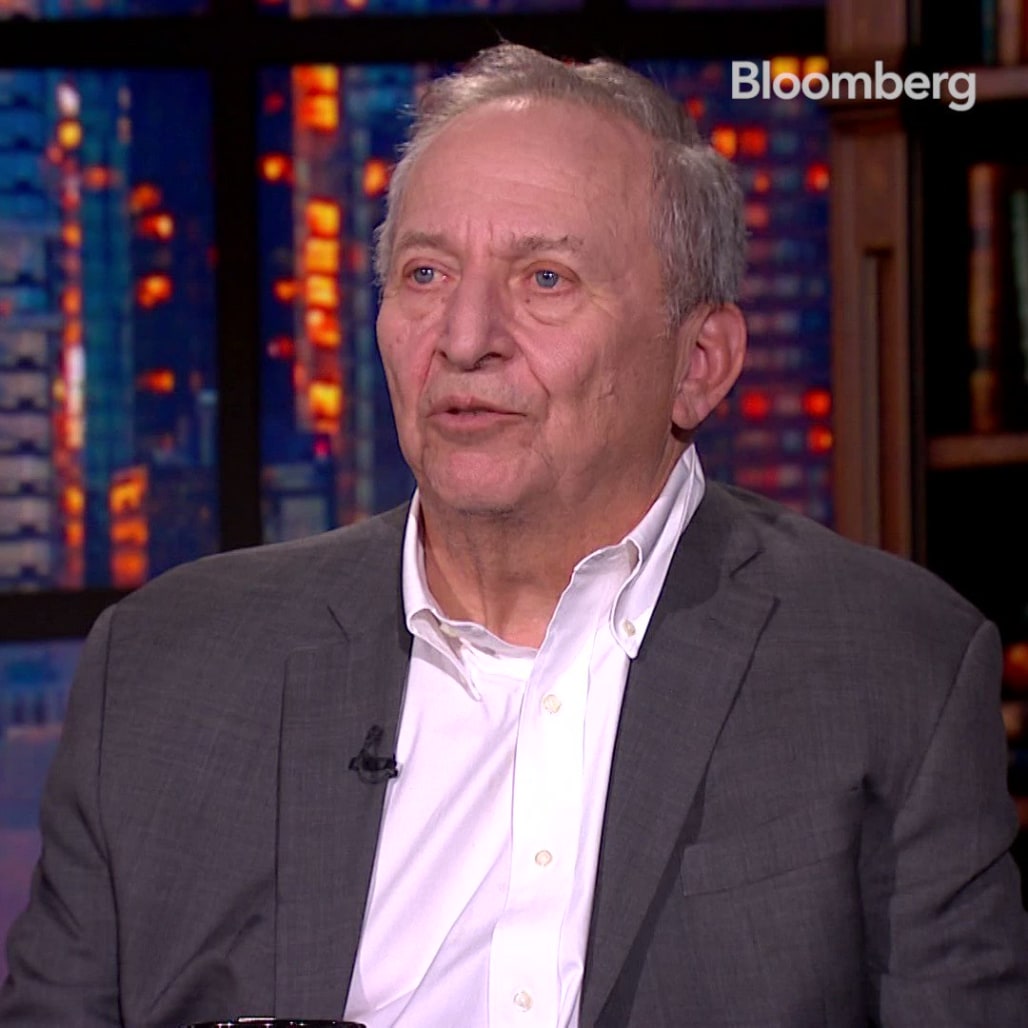Looney Tunes is not macroeconomics
Wile E. Coyote is not a serious forecast. It is not how we should think about 2023.
Source: Wikipedia.
For over a year, I have argued the 1970s are not the correct way to think about our high inflation. Be careful what you wish for. Last week Larry Summers put away his bell bottoms and turned on Saturday morning cartoons.

Wile E. Coyote. That is not a helpful analogy.
Income is at the top; the top drives the economy.
We do not have a recession, especially a severe one, without higher-income families cutting back sharply on their spending.
Moreover, income, not wealth, is the strongest predictor of consumer spending. Let’s look at the wildly unequal distribution of income in the United States:
Again, without income at the top getting hit, there is no recession. Consumer spending is almost 70% of the U.S. economy, and well-off families drive much of that spending. (Note, these same families did not receive stimulus checks and other fiscal relief.) Dwindling savings does not cause a free fall in the economy.
What does? In 2001, it was the dot-com bubble bursting; in 2008, it was a meltdown in mortgage markets; and in 2020, it was a global pandemic. What will cause the bottom to drop out in 2023? It is not the Fed; it is not trying to tank the economy, unlike the Volcker Fed. And it is slowing down. So, what is our Road Runner? Does Larry know about some calamity he is not telling us about?
Savings will not “run out” next year.
And about the savings. The bottom half of families have a financial cushion like never before. Inflation is eating into it, but Americans’ finances are in good shape.
All that progress does not move the need on who has the big bucks. The top 0.1% have $17 trillion in wealth, which is FOUR times the bottom 50%.
The rich are not running out of money anytime soon.
Jobs. Jobs. Jobs.
Finally, THE LABOR MARKET IS STRONG.
Disposable personal income in October was nearly 19 trillion dollars, and over 70% of that was from the compensation of employees. Plus, disposable income, adjusted for inflation, rose briskly in October. Again, income is the best predictor of consumer spending. Good news is good news.
For consumers to “run out of savings,” as Larry Summers predicts, would take a massive hit to the labor market. Again, where is that coming from? For the first time in forever, and no thanks to Larry, we have had a job-full recovery. We are starting from a place of strength. That is essential for next year.
So, tell your story. As I argued this weekend, the burden of proof is on inflation hawks and recession predictors like Larry. The world has changed substantially since the spring of 2021; it’s even changed considerably in recent months. What’s up, Doc?
In closing.
Looney Tunes is not good enough. Not even close.
If you enjoyed today’s post, please subscribe. In addition, a paid subscription allows me to continue writing here and pursue my policy work as an independent economist.









I agree with you that Larry is wrong about the cause, but I don't think he's wrong that we are heading into a severe recession.
The cause, I believe, will be the unwinding of a credit bubble and the associated liquidity crises that will ripple across the financial sector due to creditor runs and deposit hoarding. The rate of credit creation has already turned negative and asset markets are falling (Schularick 2012, Credit Booms Gone Bust). Credit can dry up far faster than savings and with more disastrous consequences (Kumhof 2015, Banks Are Not Intermediaries). The fiscal stimulus programs that Biden has been able to get through are poorly designed to offset a credit deflation (Werner 2005, New Paradigm in Macroeconomics), and there isn't much political appetite for a lot more of it. Quantitative Tightening doesn't help either, but that can be paused easily.
I don't have a crystal ball, either, of course. Just sharing my perspective. I'd love to be wrong. We'll all find out how it turns out in due time. For the better, I hope.
bleh bleah that's all folks. A polite way to say shut the front door Larry.